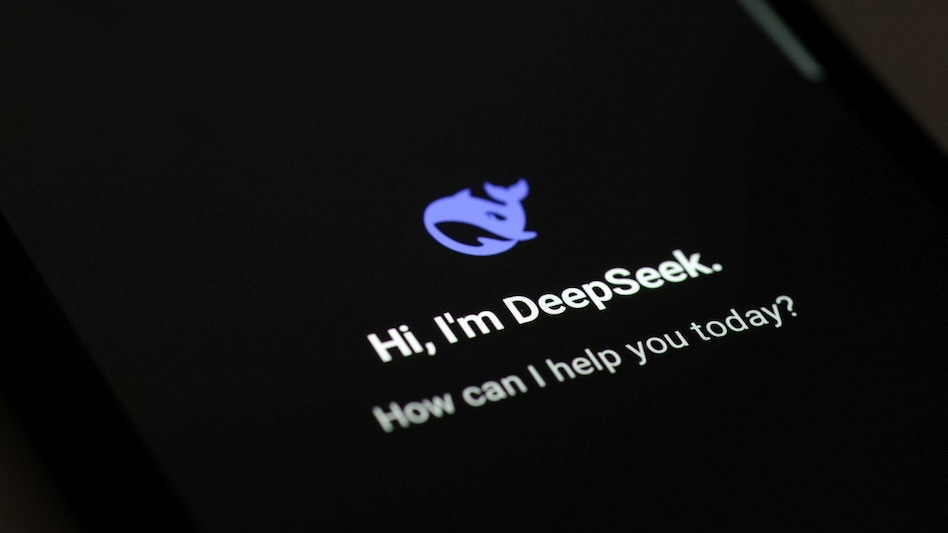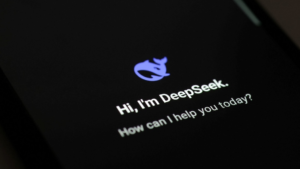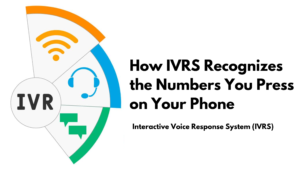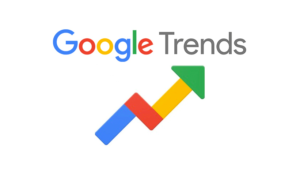Artificial Intelligence (AI) is revolutionizing how we interact with technology, but not all AI tools are welcome everywhere. One such AI tool, DeepSeek AI, has recently come under fire, facing bans and restrictions from various governments. Countries like Australia, South Korea, and India have taken action against DeepSeek due to concerns over data privacy, security risks, and censorship.
In this blog post, we’ll explore why governments are cracking down on DeepSeek and what it means for the future of AI regulation.
What is DeepSeek AI?
DeepSeek AI is an advanced AI chatbot developed in China. Similar to ChatGPT, it provides users with AI-generated responses, assisting in tasks like content creation, coding, and general conversations. However, while DeepSeek has gained popularity, its operations have raised serious red flags in multiple countries.
Why is DeepSeek AI Being Banned?
1. Data Privacy and Security Concerns
ne of the biggest reasons for DeepSeek’s ban is how it handles user data. According to reports, all user interactions, including chat history and uploaded files, are stored on servers located in China. This raises cybersecurity concerns, especially for government officials and businesses handling sensitive information.
- Australia has outright banned DeepSeek on government networks, stating that the tool poses an unacceptable cybersecurity risk.
- India’s Finance Ministry has warned employees against using DeepSeek for official work, fearing that confidential government data could be compromised.
- South Korea’s Industry Ministry has also temporarily restricted access to DeepSeek, citing similar security concerns.
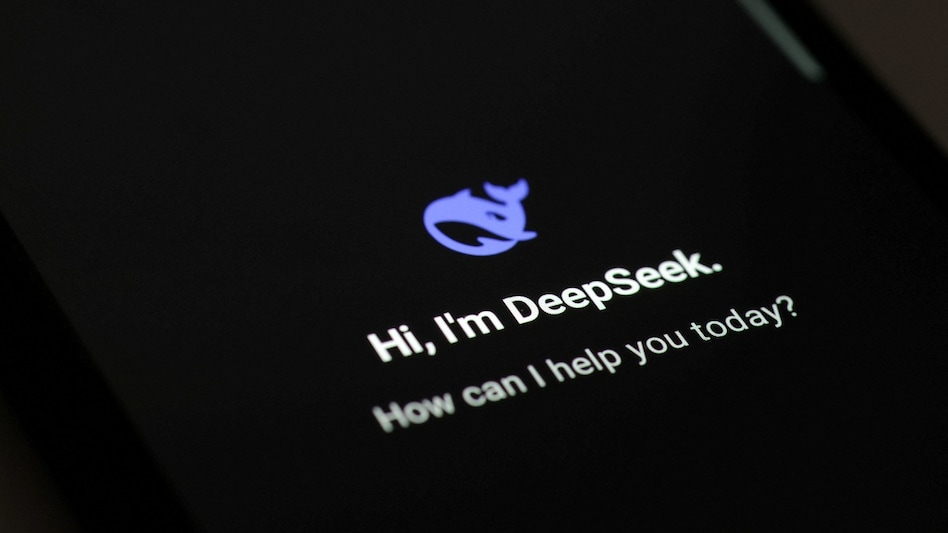
Governments fear that user data could be accessed by the Chinese government, either through legal means or hidden surveillance mechanisms.
2. Censorship and Content Restrictions
Another major issue with DeepSeek is its built-in censorship, which aligns with Chinese government policies. The AI model filters out politically sensitive topics, such as:
- The 1989 Tiananmen Square massacre
- Taiwan’s political status
- Discussions on human rights violations
This level of censorship has led to concerns that DeepSeek could manipulate narratives in international markets, suppressing free speech and shaping opinions in a way that benefits China’s political interests.
3. National Security Risks
Many governments see AI models like DeepSeek as potential security threats. If a foreign-developed AI system is handling millions of queries from businesses, government agencies, and citizens, it could be used for data mining, misinformation campaigns, or even cyber espionage.
In response, countries are taking proactive steps to limit or ban AI tools that could be misused by foreign entities.
Which Countries Have Banned DeepSeek?
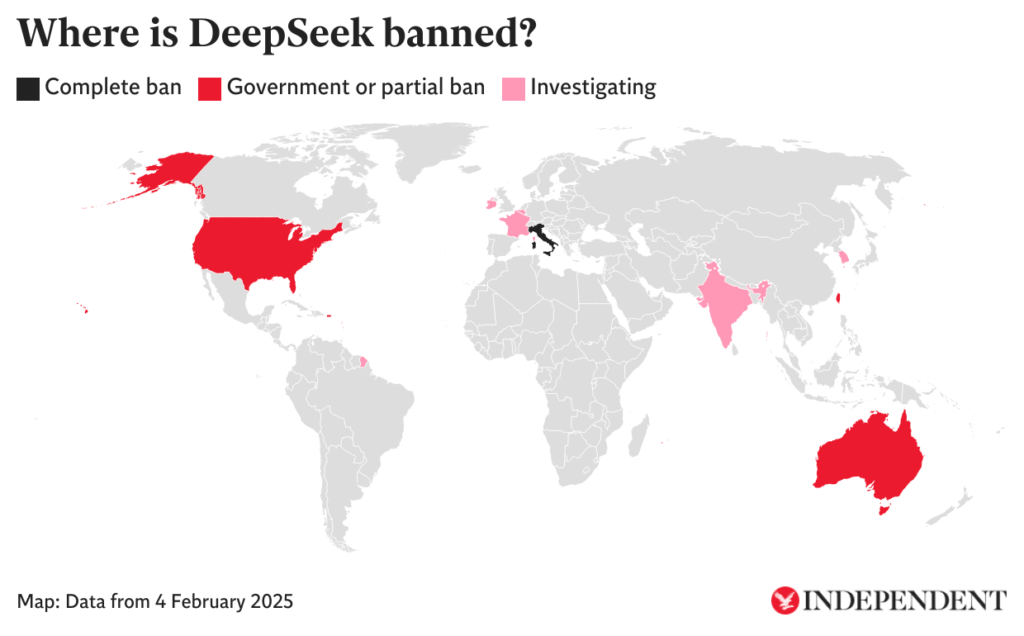
| Country | Action Taken | Reason |
|---|---|---|
| Australia | Banned DeepSeek from all government devices | Cybersecurity risks |
| South Korea | Temporarily restricted access for government employees | Data security concerns |
| India | Advised employees to avoid using DeepSeek | Risk to confidential data |
These restrictions indicate a growing global trend of scrutinizing AI tools, particularly those originating from countries with strict data control laws.
What Does This Mean for AI Regulation?
The bans on DeepSeek highlight a larger issue: governments are becoming more cautious about AI tools that handle large amounts of user data. As AI continues to evolve, we can expect:
- Stronger regulations on AI privacy and data security
- More transparency requirements for AI developers
- Potential restrictions on AI tools originating from specific countries
The future of AI governance will likely involve stricter data protection laws, ensuring that AI platforms comply with international privacy and security standards.
Conclusion
DeepSeek AI’s growing bans reflect a wider concern about AI security, censorship, and data privacy. While AI has incredible potential, it must be regulated responsibly to prevent misuse. Governments worldwide are now taking proactive steps to protect sensitive data, ensuring that AI tools align with national security interests.
As AI technology advances, the key question remains: How can we balance AI innovation with security and ethical concerns? The bans on DeepSeek may just be the beginning of a new era in AI regulation.
AI is evolving rapidly, and its impact on privacy and security is becoming a major global concern. What do you think about AI regulations? Should governments impose stricter controls on AI tools, or does this limit technological innovation?
🔹 Share your thoughts in the comments!
🔹 If you found this article insightful, share it with your network!
🔹 Stay updated on the latest AI trends—subscribe to our blog for more updates!
Let’s discuss the future of AI together! 🚀
